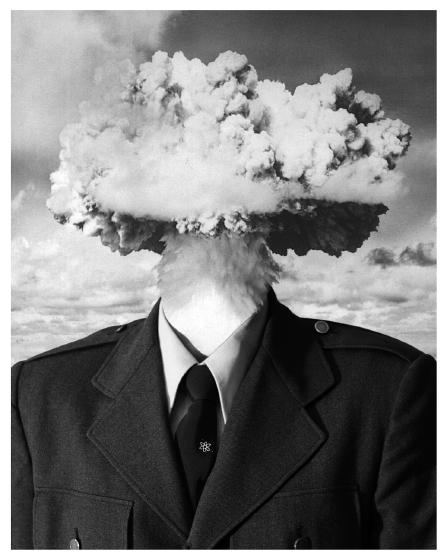Right now I'm working on a very time consuming and fragmented form of Recycled Cinema using 12-18 frame clips of people talking and synchronizing them into melodies. Though it can be deeply frustrating at times, the experience has revealed how speech is tonal and when isolated can become musical. I've always been very attracted to Martin Arnold's method of repetition to reconstitute meaning through fragmention, and it is a truly fun exercise to do on your own, but am trying to take his idea and isolate it from any semblance of narrative or meaning into a purely rhythmic collage of sound.
Most of my reading and writing right now is concerned with how Surrealists theorized found objects. The principal figures I'm looking at, Joseph Cornell and Marcel Duchamp were not officially inaugurated by Andre Breton into the Surrealist group but made some of the most interesting contributions to found object art with their assemblages and readymades.

Hal Foster's writing has been helpful, specifically the offbeat Compulsive Beauty which gives a very unusual treatment of Surrealism which largely abstains from the routine assessments we're familiar with. Perhaps it is Foster's willingness to look at the work and tendencies rather than Breton's public proclamations that make it so interesting. Also, I'm slightly puzzled by the density and impenetrability of Foster's Recordings: Art, Spectacle, Cultural Politics, but some passages and sections have been incredibly useful. I'm largely referring to how Foster suggests appropriation's greatest power is in recoding signs--in forcing encoders of messages to relinquish control. Foster argues that the control of meaning in artworks through appropriation is one of the most powerful forms of cultural resistance.
I'm writing right now on the split approaches of Soviet re-editors (which I've previously discussed) and Cornell's found footage film Rose Hobart when it comes to the strategies both employ. If anyone has tips of good books to look at Surrealist appropriation, shoot them my way.


1 comment:
Hi
i like Calvin tomkins´s study of Duchamp.
Breton always admired Duchamp. But Duchamp couldnt´t fit in any category, even in the surrealistic corner.
Anyhow he was a great influence for the surrealist (thinking in Man Ray, and his friendship with Picabia/ the three of them involved in Entreacte)
The book explained very well his road to the ready-mades and the found objects
Post a Comment